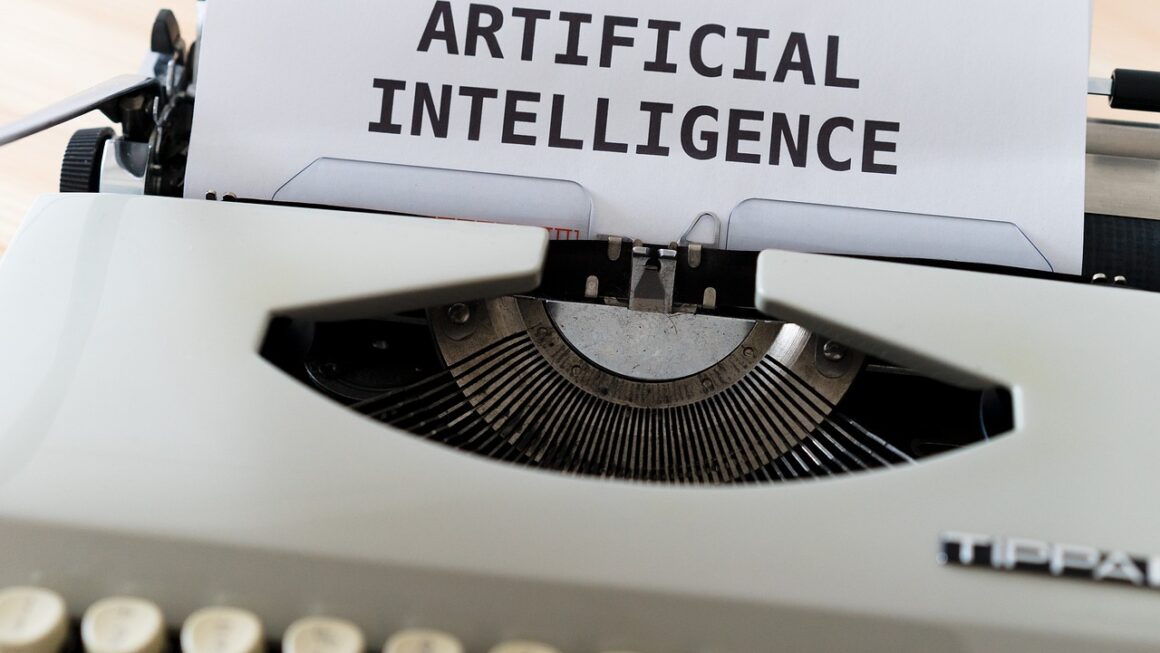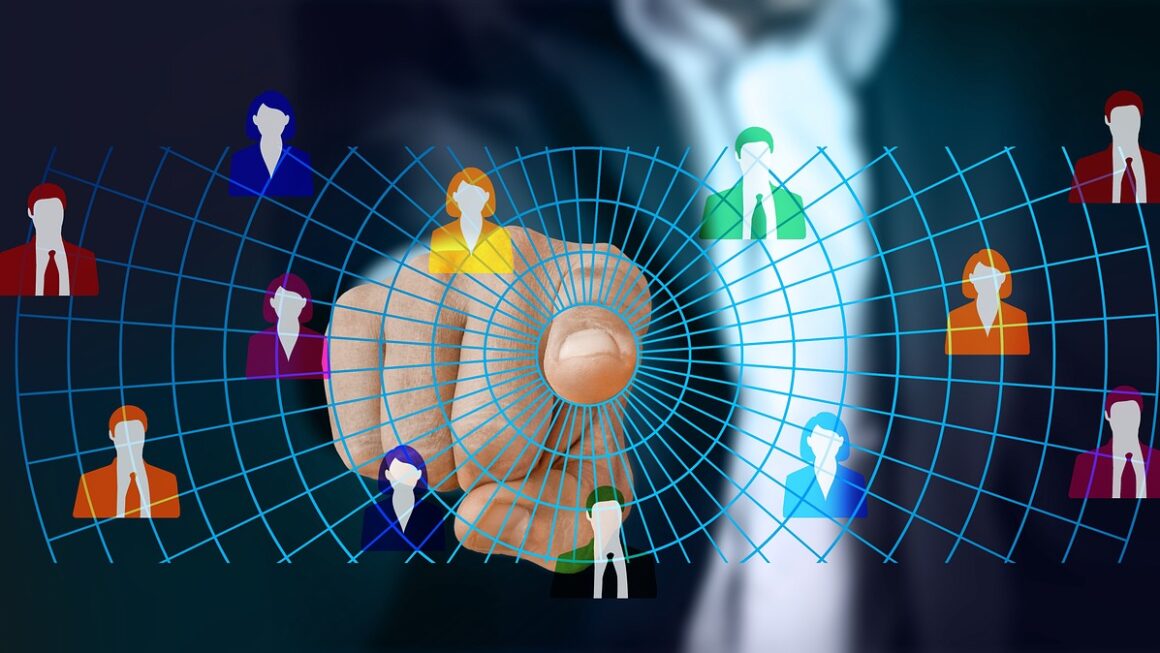Artificial intelligence (AI) is rapidly transforming industries across the globe, and the legal field is no exception. From automating tedious tasks to providing sophisticated legal research capabilities, AI in law is no longer a futuristic concept; it’s a present-day reality. This comprehensive guide explores the various applications of AI in the legal profession, examines its benefits and challenges, and offers insights into the future of AI in law.
AI-Powered Legal Research and Analysis
AI is revolutionizing how legal professionals conduct research, analyze documents, and build their cases. The power of machine learning allows lawyers to sift through vast amounts of data with speed and accuracy that was previously impossible.
Faster and More Accurate Legal Research
Traditional legal research can be time-consuming and prone to human error. AI-powered legal research tools offer significant advantages:
- Efficiency: AI algorithms can quickly scan through millions of legal documents, including case law, statutes, and regulations, in a fraction of the time it would take a human researcher.
- Accuracy: AI can identify relevant information and precedents more accurately by recognizing patterns and relationships in legal text.
- Comprehensive Coverage: AI tools ensure that no relevant information is missed, offering a more complete picture of the legal landscape.
Example: LexisNexis and Westlaw, two leading providers of legal information, have integrated AI into their platforms. These tools can analyze search queries using natural language processing (NLP) and machine learning to deliver more precise and relevant search results. They can also identify negative treatment of cases, highlighting potential weaknesses in arguments.
Contract Review and Analysis
Analyzing contracts is a critical but often tedious task for lawyers. AI can automate much of this process:
- Risk Assessment: AI algorithms can identify potential risks and liabilities within contracts by analyzing specific clauses and comparing them to established legal standards.
- Due Diligence: During mergers and acquisitions, AI can quickly review thousands of contracts to identify key provisions and potential red flags.
- Compliance: AI can ensure that contracts comply with relevant regulations and laws by automatically flagging non-compliant clauses.
Example: Kira Systems and LawGeex are AI-powered platforms that specialize in contract review. They can extract key information from contracts, such as dates, payment terms, and termination clauses, and identify potential risks and inconsistencies. According to LawGeex, their AI platform can review contracts 40% faster than human lawyers.
Automating Legal Tasks
Beyond research and analysis, AI can automate a wide range of routine legal tasks, freeing up lawyers to focus on more strategic and complex work.
Document Automation
Generating legal documents, such as contracts, pleadings, and wills, can be streamlined using AI:
- Templates: AI-powered document automation platforms use templates and intelligent questionnaires to automatically generate documents based on specific client needs.
- Customization: AI can customize documents by incorporating relevant clauses, terms, and conditions based on client inputs.
- Error Reduction: Automation reduces the risk of human error by ensuring that documents are consistent and accurate.
Example: HotDocs is a popular document automation platform that allows lawyers to create complex legal documents with minimal effort. Users can create templates that automatically populate with client information, reducing the time and effort required to draft legal documents.
E-Discovery
E-discovery, the process of identifying and collecting electronic evidence, is often time-consuming and expensive. AI can significantly improve the efficiency and accuracy of e-discovery:
- Data Filtering: AI algorithms can filter large volumes of electronic data, such as emails and documents, to identify relevant information based on keywords, concepts, and relationships.
- Predictive Coding: AI can use machine learning to predict which documents are likely to be relevant to a case, allowing lawyers to focus their review efforts on the most important information.
- Cost Reduction: By automating the e-discovery process, AI can significantly reduce the costs associated with reviewing and analyzing electronic evidence.
Example: Relativity is a leading e-discovery platform that incorporates AI and machine learning to streamline the e-discovery process. Its Active Learning feature uses predictive coding to identify relevant documents more quickly and accurately, reducing the time and cost of e-discovery.
Enhancing Legal Advice and Client Service
AI is not just about automating tasks; it’s also about enhancing the quality of legal advice and improving client service.
Legal Chatbots
AI-powered chatbots can provide clients with instant access to legal information and support:
- 24/7 Availability: Chatbots can provide legal information and answer frequently asked questions around the clock, improving client satisfaction.
- Cost-Effectiveness: Chatbots can handle routine inquiries, reducing the need for lawyers to spend time on simple questions.
- Improved Accessibility: Chatbots can make legal information more accessible to clients who may not have the resources to hire a lawyer.
Example: DoNotPay is a chatbot that helps users fight parking tickets, negotiate bills, and access other legal services. While it’s not a substitute for a lawyer in complex cases, it provides valuable information and support for common legal issues.
Predictive Analytics
AI can use predictive analytics to forecast legal outcomes and advise clients on the best course of action:
- Case Outcome Prediction: AI algorithms can analyze historical case data to predict the likely outcome of a case based on specific facts and circumstances.
- Risk Assessment: AI can assess the risks associated with different legal strategies and advise clients on the best way to mitigate those risks.
- Settlement Negotiation: AI can help lawyers negotiate settlements by analyzing data on similar cases and predicting the likely outcome of a trial.
Example: Several companies are developing AI-powered predictive analytics tools for the legal industry. These tools analyze data from past cases, judge rulings, and legal precedents to help lawyers assess the likelihood of success in a given case.
Ethical Considerations and Challenges
While AI offers many benefits, it also raises ethical concerns and presents challenges that must be addressed.
Bias and Fairness
AI algorithms are trained on data, and if that data is biased, the AI will also be biased. This can lead to unfair or discriminatory outcomes in legal decision-making.
- Data Bias: Ensuring that AI algorithms are trained on diverse and representative data is crucial to mitigating bias.
- Transparency: Understanding how AI algorithms work is essential to identifying and addressing potential biases.
- Accountability: Holding developers and users of AI accountable for the outcomes of AI-driven decisions is necessary to ensure fairness.
Example: An AI system used to predict recidivism rates could perpetuate existing racial biases in the criminal justice system if it is trained on data that reflects those biases. It is important to critically evaluate the data used to train AI algorithms and to ensure that they are not perpetuating unfair or discriminatory practices.
Job Displacement
The automation of legal tasks could lead to job displacement for some legal professionals.
- Retraining and Upskilling: Legal professionals need to acquire new skills to adapt to the changing legal landscape.
- Focus on Higher-Value Work: Lawyers can focus on strategic thinking, client interaction, and other tasks that require human judgment and creativity.
- Collaboration: AI should be viewed as a tool to augment human capabilities, not replace them entirely.
Example: Legal assistants and paralegals may need to develop new skills in areas such as data analysis, AI training, and project management to remain competitive in the job market. Law firms should invest in training programs to help their employees acquire these skills.
Data Privacy and Security
AI systems often require access to sensitive client data, which raises concerns about data privacy and security.
- Data Protection: Implementing robust data protection measures is essential to safeguarding client data from unauthorized access and misuse.
- Compliance: Legal professionals must comply with relevant data privacy regulations, such as GDPR and CCPA.
- Cybersecurity: Protecting AI systems from cyberattacks is crucial to maintaining the integrity and confidentiality of client data.
Example: Law firms should implement strong encryption protocols and access controls to protect client data stored in AI systems. They should also conduct regular security audits to identify and address potential vulnerabilities.
Conclusion
AI is transforming the legal profession in profound ways, offering the potential to improve efficiency, accuracy, and client service. By automating routine tasks, providing sophisticated legal research capabilities, and enhancing legal advice, AI is empowering lawyers to focus on more strategic and complex work. However, it is crucial to address the ethical considerations and challenges associated with AI, such as bias, job displacement, and data privacy, to ensure that AI is used responsibly and ethically in the legal field. The future of law will undoubtedly be shaped by AI, and legal professionals who embrace this technology will be well-positioned to succeed in the years to come.




